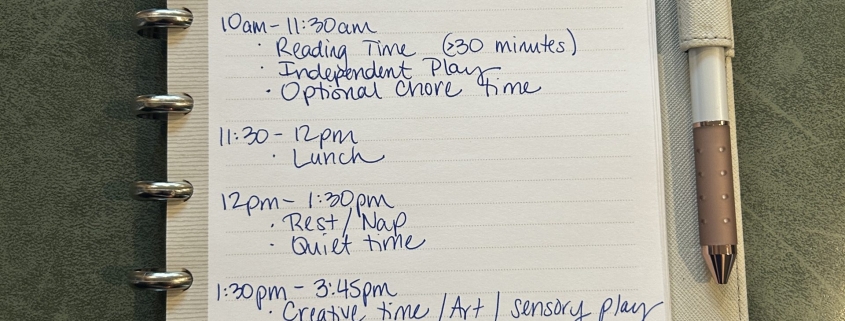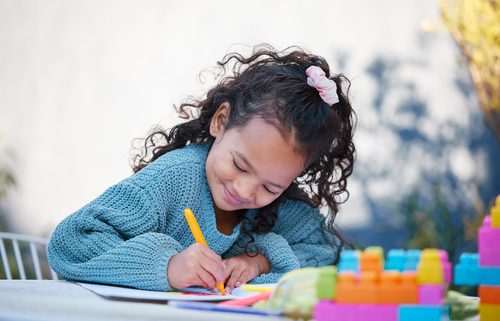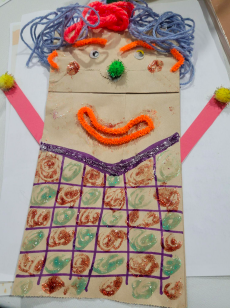Welcoming Our Newest Therapy Dog – Kiki!
Hi there! I’m Kiki, a 3-year-old Great Dane mix. Over the past several weeks, I’ve been training for Animal Assisted Therapy with my human, Lisa Cardwell, LMFT. I will begin my work with clients in the Prospect office in mid-March and can’t wait to get started!
I love people of all ages, playing soccer and fetch outside, and tilting my head as far as I can from side to side when listening for words I understand. Lisa sometimes calls me Kikiroo because I love to do kangaroo jumps and bounce around on my hind legs.









